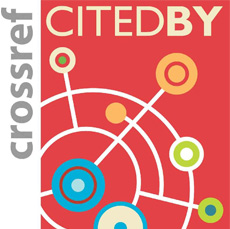ISSN : 2288-5412(Online)
DOI : http://dx.doi.org/10.14354/yjk.2010.34.123
W. B. Yeats and Absence of the Center
Abstract
Despite such the limits and deferral of meaning, Yeats never gives up to assignmeaning to the fragmentary reality by declaring and creating a symbol. In “ADialogue of Self and Soul” the Self asserts the emblematic status of Sato’s swordand its covering. In “Blood and the Moon” Yeats again assigns meaning overtly bydeclaring the tower his symbol, though the poet in its last stanza, recognizing thatultimate wisdom is deferred beyond life, self-reflexively uses a metaphor of theblood stain to encode the limits of human understanding. In “1916 Easter” Yeatsdemonstrates what he can do as his part of a poet with the fragmentary reality. Hecalls each victim of the Easter Rebellion by name and writes it in verse, whichdenotes a bricolargic strategy of using the only language at hand to impose meaningon the painfully unresolved ambiguities of the Rebellion, even if he not only wellrecognizes that he can attribute no ‘truth-value’ to this transmutation, but also nolonger expects to arrive at the final meaning of the political event in his poem.
W. B. 예이츠와 중심의 부재*
초록
-
-
Submission : JAMS
https://yjk.jams.or.kr/
-
YSK
The Yeats Society of Korea
-
Editorial Office
Contact Information- Tel: +82-2-2220-4477
- E-mail: ilhwan_y@hanyang.ac.kr -

-

-

-

-

-





